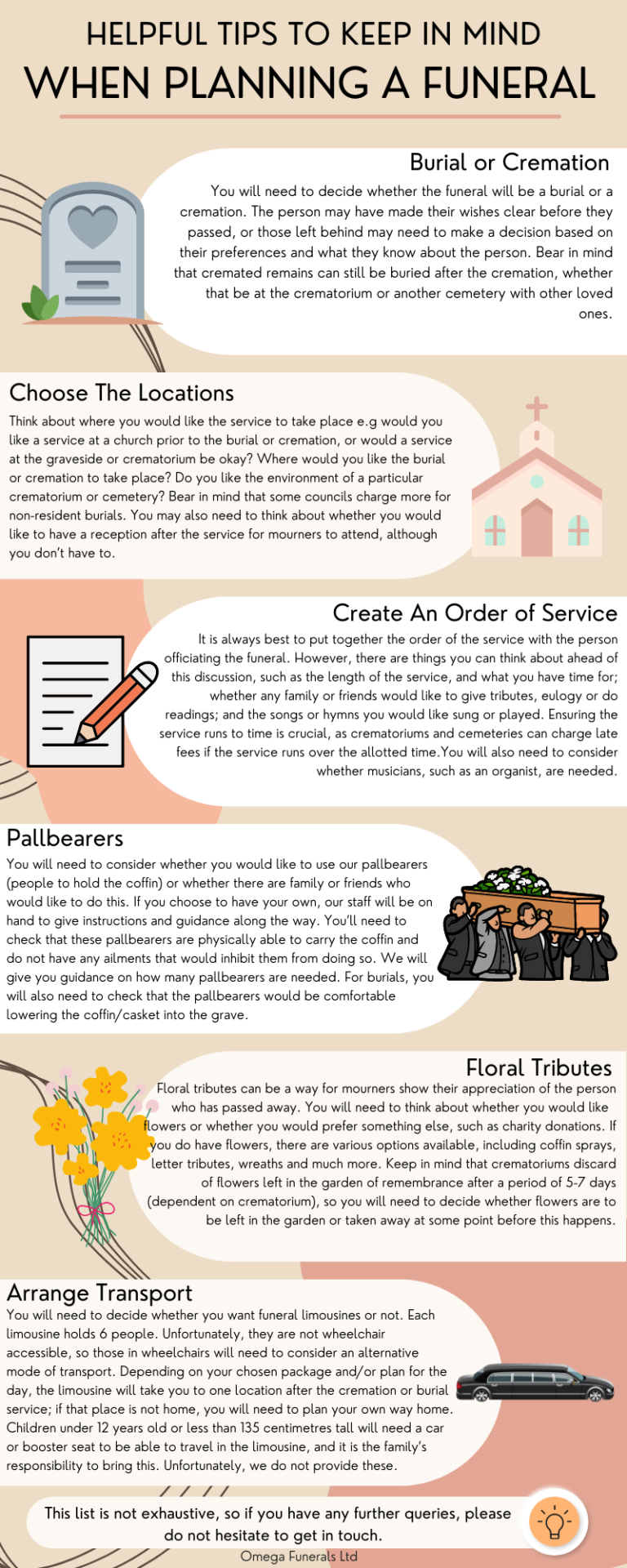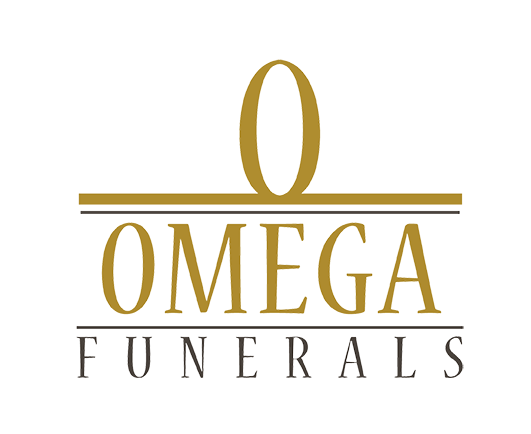What should I do when someone dies at home?
Contact your loved one’s usual doctor or the paramedics first, then you can contact us. Before we arrive, please try to keep the room your loved one is in as cool as possible.
What should I do when someone dies at a hospital?
If you are the loved ones named next of kin, the hospital staff will inform you of the passing.
Many hospitals have bereavement departments or ward staff who can explain the next steps to you.
A doctor at the hospital will usually issue a Medical Certificate of Cause of Death (MCCD) if the cause of death is known. In some circumstances, the death may be referred to the coroner. This means they will not be able to issue the MCCD and the coroner will provide you with more information about when you can register the death.
What should I do when someone dies in a care home?
If you are not present when your loved one passes away, the care home staff will inform you of the passing. The death will need to be verified by a medical professional, and the GP must be notified so that they can certify the death. Most of the time, the care home staff will usually do this on your behalf.
If the death was expected, the doctor will issue the MCCD allowing you to register the death. If it was unexpected, the doctor will most likely refer the death to the coroner.
What should I do when someone dies abroad?
Check the rules and regulations of the country on how to register a death. It is also vital to contact the British embassy, consulate or high commission as they will be able to provide adequate advice.
What is a coroner and what do they do?
A coroner is an official appointed by the relevant local authority to inquire into certain deaths, such as deaths in police custody, deaths which appear to be violent, unnatural, sudden, unexpected; or if the doctor is unsure of the cause of death.
How do I register a death?
It depends on where your loved one passed away. However, at the moment, most deaths are registered (or pre-registered) online or over the phone. Give us a call, and we can advise you on the correct method.
Before you can complete the death registration process, the bereavement office at the hospital or your loved one’s GP needs to send the Medical Certificate of Cause of Death to the local registrar’s office.
What is a ‘Chapel of Rest’?
This is a room in a funeral home which allows families and friends to privately visit and spend time with their loved one before the funeral.
What is Embalming?
Embalming is a process that preserves the body and slows down the deterioration process. It can help improve the appearance of your loved one, but it will not stop the body’s natural deterioration.
Embalming is optional, however if the deceased is to be repatriated, they must be embalmed.
How many people can fit in a mourners limousine?
Each limousine can seat six people
What is the difference between a coffin and a casket?
The difference between a coffin and a casket is the shape. Coffins are tapered at the head and foot, but wide at the shoulders. A casket is rectangular shape. An English Casket is flat on top, but an American Casket is usually domed on top.
Can I put personal items inside a coffin or casket for a cremation?
Yes but please be advised that certain materials such as glass, metal, PVC, flammable gases, liquids or batteries cannot be put in the coffin or casket if it is a cremation.
Every situation is different, so if you have any queries, please do not hesitate to contact us


